Taking a Break
Though we’re constantly on our computers, sometimes we need to have a brief distraction from whatever task we’re currently focusing on, whether to jump start our motivation or calm any stress that the assignment is causing. The reasons we’re working or need a distraction may vary, and just like needing distractions for different reasons, the things we seek out to relax and ease our anxiety differ from person to person.


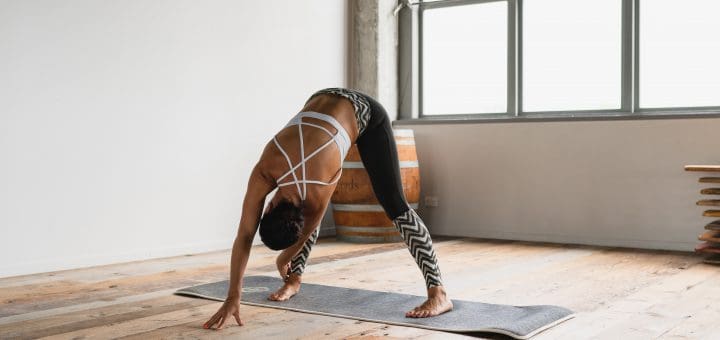
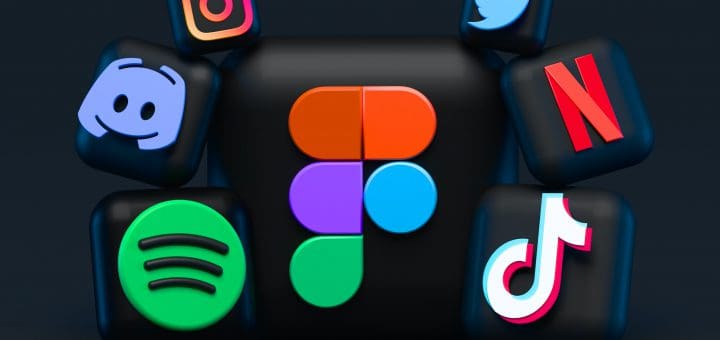

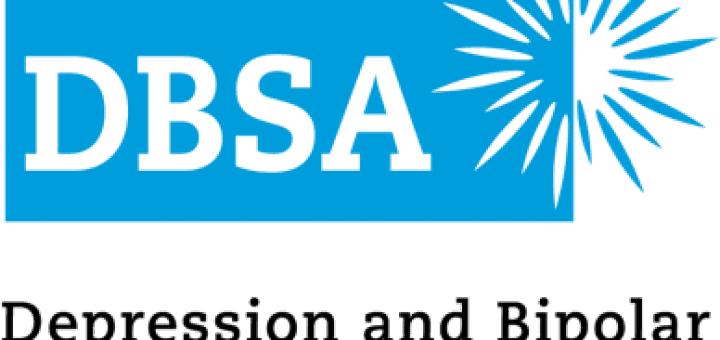
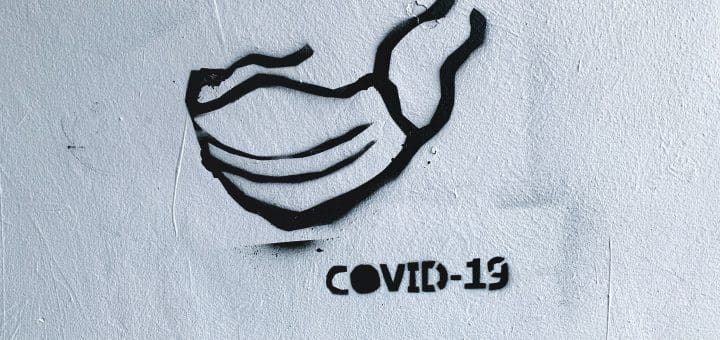

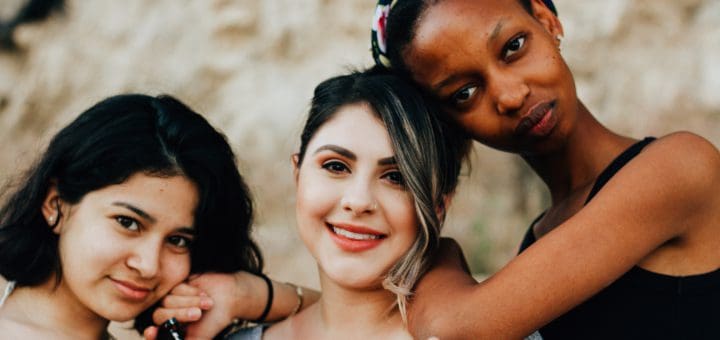

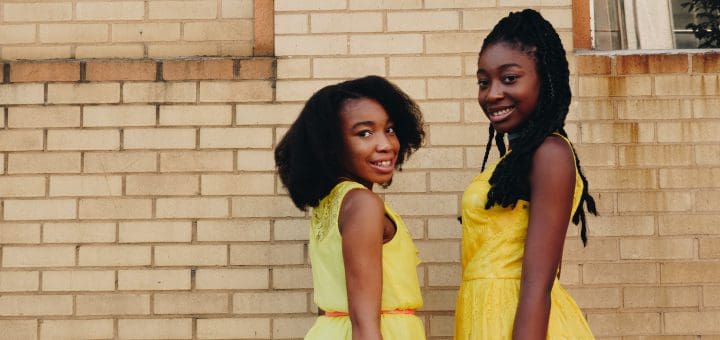
Recent Comments